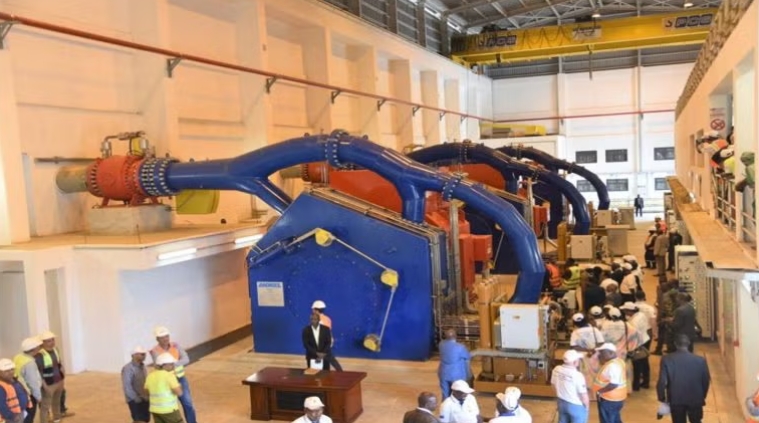
The Jiji hydroelectric power plant will boost Burundi’s energy self-sufficiency.
The Jiji and Mulembwe plants will together generate 49.5MW, producing approximately 235 gigawatt hours of electricity annually. The $320 million projects are funded by the African Development Bank, European Investment Bank, World Bank, and European Union, aiming to provide reliable and sustainable energy to Burundi.
Edward Claessen, head of the European Investment Bank’s East Africa regional hub, stated: “The fact that the Jiji and Mulembwe dam project is a renewable energy project, reducing dependence on imported fossil fuels, is particularly significant. Our financing for this project formed part of the European Union’s strategy to develop clean, sustainable infrastructure in Africa and is also aligned with decarbonisation efforts needed by companies to grow.”
The plants will supply power to 15,000 households, 7,000 businesses, and 1,700 manufacturing facilities, enhancing productivity in sectors like healthcare, education, agribusiness, and technology. This improved energy access is expected to drive Burundi’s economic and social development.
Hawa Cisse Wagué, World Bank representative in Burundi, remarked: “The Jiji hydroelectric power plant and the lines and substations built as part of the project are not infrastructure like any other. This infrastructure helps ensure Burundi’s economic and social development. It is a key driver to improve people’s access to energy as well as supporting industrialisation, job creation and economic growth.”
The projects have created hundreds of jobs, boosted local economies, and enhanced technical skills in surrounding communities. The reliable and affordable energy from these plants will further support Burundi’s economic progress.
Pascal Yembiline, African Development Bank country manager in Burundi, noted: “As a longstanding partner of Burundi, the AfDB is proud to have contributed to the implementation of this infrastructure project, which is fully in line with its strategic priorities, the Hi-5s. We are convinced that this flagship infrastructure will increase access to reliable and affordable energy and help create a sustainably prosperous Burundi.”
The initiative supports regional efforts to expand renewable energy, complementing recent investments like the African Development Bank’s $184.1 million financing for a solar project in Egypt’s Qena Governorate.